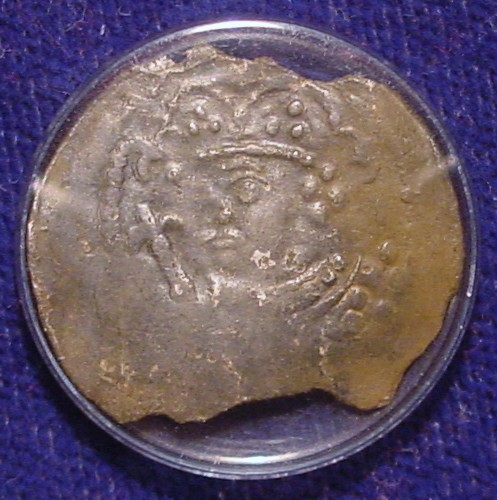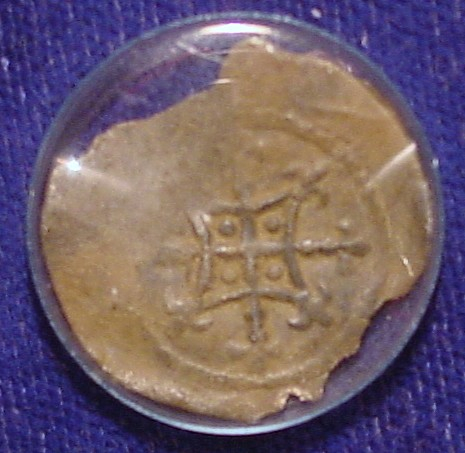British Kings "Bullet Book", Henry I, 1100 - 1135


• Henry I came to power after his brother William II was killed in a “hunting accident.” William’s death came at an opportune time. The oldest brother, Robert, was fighting in one of the crusades and was not able to oppose Henry’s seizure of the crown.
• Despite his rocky beginning, Henry was an able administrator and diplomat. He was nicknamed “beauclerc” (good scholar) for his studies of Latin and English law.
• THE TRAGEDY: In 1120 the king and his court were returning from a victorious battle in France. He was offered a new vessel, The White Ship, which he accepted and asked his son, William, aged 17 to return to England on it. William, his friends and the captain were falling down drunk. The ship hit a rock (which still there) and sank, killing all but one aboard. William’s death created a crisis in the order of succession.
• Henry I’s coins are generally very low quality pieces. During his reign the public was skeptical about the quality of the coinage which led to widespread testing. Once damaged, the coins were often not accepted. To combat this the government ordered that all coins were to be mutilated at the mint therefore forcing the acceptance of damaged coins.
• Henry’s reaction to the issues with the quality of the coins that his mint masters were making did not end with the marking of pieces at the mints. After Henry learned that certain minters were issuing low-grade coins while he was in France, he instructed Bishop Roger of Salisbury to invite the offending coin makers to come to Winchester at Christmas. From a contemporary account, here is what happened next: “When they came thither ... they were taken one by one, and deprived each of the right hand and testicles beneath … And that was all in perfect justice, because that they had undone all of the land with great quantity of base coin …”
• This account gives graphic meaning to the modern expression, “I’m going to get medieval on your ass.” Swift and often cruel punishment for transgressions was common place at this time and would remain so for many centuries. The execution of William Wallace in the film Braveheart was historically accurate.
Comments
This was a violent era just as was the 11th century. Knights, far from being the upstanding "Prince Valiant" types, were little more than thugs employed by the royalty to keep the peasantry in line. The mutilated coins of this ruler were probably appropriate as they appear to reflect his personality.
One of the things I have learned in building this collection and studying the history, is why our founding fathers built the protections into our Constitution. Executions, like the one that was performed on William Wallace were still in practice during the reign of George III in the early 1800s.
You are absolutely correct. The royalty intended to keep the commoners in line and brutality was an effective way to accomplish this.